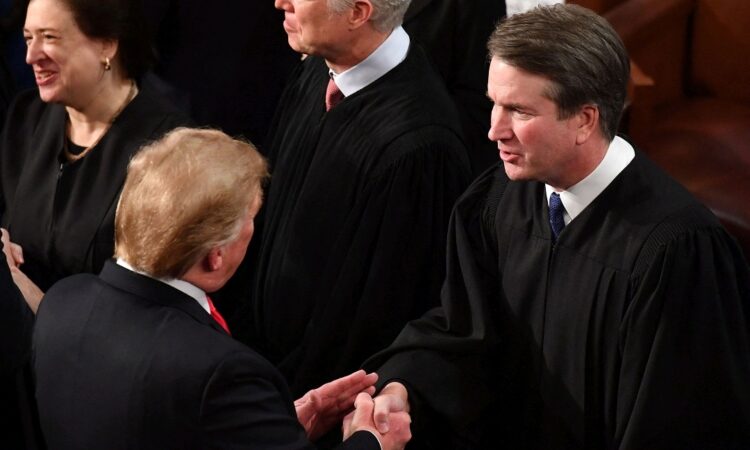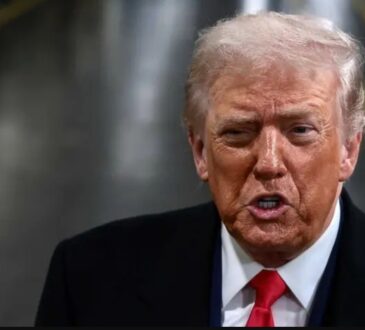
A federal judge in Rhode Island, Chief Judge John McConnell Jr., temporarily stopped President Donald Trump’s plan to cut a huge amount of federal spending. This is the second time a judge has blocked Trump’s attempt.
The judge’s decision is important because he referred to Justice Brett Kavanaugh, a Supreme Court justice appointed by Trump, to support his ruling. This suggests that Trump’s plan might eventually be ruled unconstitutional by the Supreme Court if the case goes that far.
Earlier this month, Trump signed executive orders to reduce or stop spending on things like foreign aid, diversity programs, and what he calls “gender ideology extremism.” The White House then sent out a memo to pause a wide range of government funding. However, after criticism from both political parties, the memo was canceled. Even though the memo is no longer in effect, the executive orders it was based on are still active.
The idea that a president can stop spending money approved by Congress is called “impoundment.” Most legal experts and judges, from both political sides, believe this is unconstitutional.
The Supreme Court currently has a 6-3 majority of Republican-appointed justices. These justices recently ruled that Trump has broad protection from being prosecuted for actions he takes as president. This makes it unclear whether they will agree with the general view that impoundment is unconstitutional.
However, Judge McConnell’s order quotes a 2013 opinion by Justice Kavanaugh, who rejected the idea of impoundment. Kavanaugh referred to a 1969 memo by future Chief Justice William Rehnquist, which stated that the president cannot refuse to spend money approved by Congress.
Chief Justice John Roberts, another Republican-appointed justice, has also expressed similar views in the past. In a 1985 memo, Roberts wrote that the president cannot stop spending in “normal situations” and that Congress has clear control over spending decisions.
It’s possible that Roberts or Kavanaugh might change their views or ignore their past opinions to support Trump. But if they stick to their previous positions, there could be at least five votes on the Supreme Court against Trump’s plan—Roberts, Kavanaugh, and the three Democratic-appointed justices. With five votes, Trump’s plan would be ruled unconstitutional.




